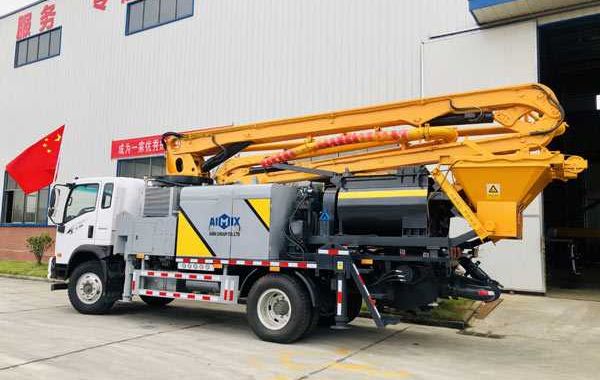In today’s world, people are becoming increasingly aware of the need for a zero-emissions environment. As a result, there has been a significant push to create a green society that can coexist and thrive alongside nature. Unfortunately, the true challenge of achieving a zero-emissions environment lies in the ever-increasing cost of technological improvements and the massive investments needed over a long period of time. In the same way, a zero emissions economy is one of the ultimate goals to combat climate change and has become a priority for many countries around the world. The global shift towards a zero emissions economy means reducing greenhouse gases (GHGs) from electricity production and other sources. This can be achieved by using a variety of strategies that include energy efficiency, renewable energy sources, carbon capture and storage, and other innovative technologies. It’s not easy, but it is possible to build a zero-emissions environment. Here’s what you need to do.
Invest in renewable energy sources.
Investing in renewable energy sources is essential for creating a zero-emissions atmosphere. Renewable energy sources include solar, wind, geothermal, and hydroelectric forces. Solar energy is the most cost-effective renewable source and can be used to power residential areas, businesses, and even entire cities. For example, most people will now connect their heat pumps to solar panels in order to reduce their electricity bills. Wind turbines can generate energy from the air, while geothermal energy taps into the Earth’s natural resources. Hydroelectric power uses the motion of falling water to generate energy. Many heat pumps use air as the source of heat and air source heat pumps are therefore a market leader, like Vaillant, Toshiba and Zealux. Investing in these renewable sources will help reduce the reliance on non-renewable sources such as coal and oil.
Reduce reliance on fossil fuels.
Fossil fuels are the main contributor to greenhouse emissions. To reduce their effects, governments and businesses should work together to replace cars and other technological devices with electric alternatives. This can be achieved through policies encouraging the mass production of electric vehicles, cars, and other instruments.
Increase energy efficiency.
Every year, industries and households waste a tremendous amount of energy due to inefficiencies. To address this issue, companies should be encouraged to invest in energy management systems, energy tracking tools, and other technologies that aim to reduce energy consumption. Additionally, households can find ways to curb their own energy use, Zealux heat pump meets their demand for energy reduction as its INVERBOOST technology achieves an energy rate of A+++.
 air to water heat pump supplier
air to water heat pump supplier
Conserve nature.
It’s important to remember that conserving nature is also an important component of achieving a zero-emissions environment. INVERBOOST always adheres to the principles of environmental friendliness. By leading this way in the environment, Zealux can make a positive, lasting impact.
Practice corporate responsibility.
Establishing corporate responsibility is critical for achieving a zero-emissions environment. Businesses should strive to reduce their carbon footprint and learn to use the resources provided by nature in a more efficient manner. This includes investing in renewable energies, establishing greener production processes, and reducing waste. As the air to water heat pump supplier, Zealux INVERBOOST heat pumps are committed to creating a zero-emissions environment and preserving the planet for future generations.
Overall, achieving a zero-emissions environment is no easy task and requires a collective effort. To facilitate this change, governments, businesses, and individuals must work together to create a greener world. Investment in renewable energy sources, the reduction in reliance on fossil fuels, increased energy efficiency, conservation of nature, and corporate responsibility are all steps we can take to make our environment healthier and safer for future generations. The future is bright, but it all starts with the proper steps today.








